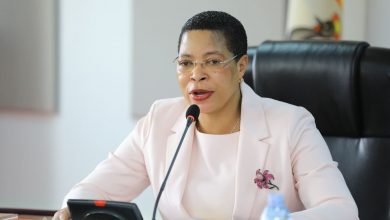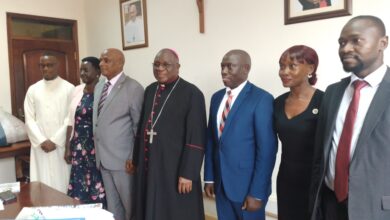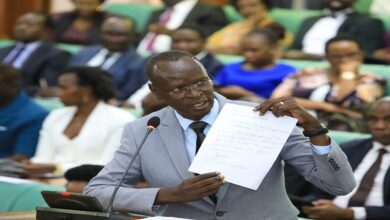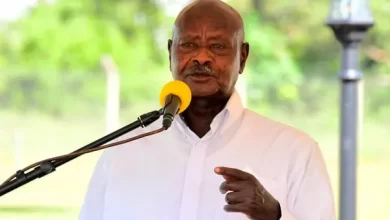Complex land acquisition processes fail government to achieve the desired social-economic development in the country
Meanwhile, former chief government land valuer Eddie Nsamba Gayiiya called for a change in strategies used to curb land challenges and inequalities in the country.
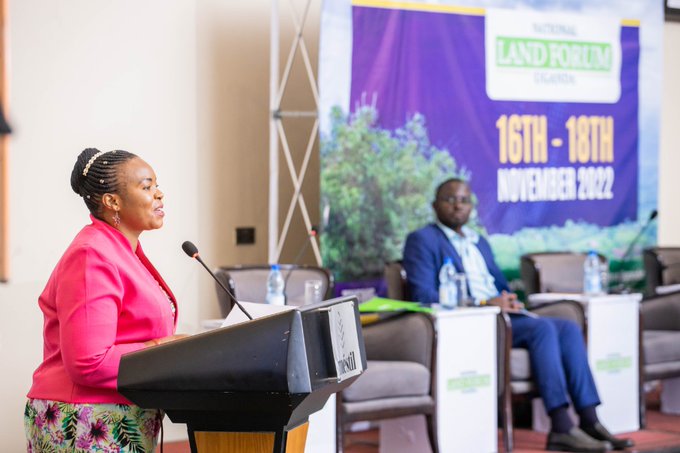
The State Minister for Lands, Persis Namuganza, says rigid land acquisition processes remain a major challenge preventing the government from achieving social-economic development.
Namuganza, who officiated at the 2nd National Land Forum at Mestil Hotel in Kampala, noted that the absence of a land acquisition policy in Uganda deters government projects.
“We have seen so many government programs stalling, including those where loans were acquired, but have not been able to take off because of the land acquisition,” she told the conference and asked them to draw measures to counter such land challenges.
The conference organized under the theme ‘taking stock on the national land policy, in addressing land inequality in Uganda’ was aimed at reviewing land challenges in Uganda and these affect development.
The minister said the government formulated the National Land Policy to provide a framework for articulating the role of land in national development, land ownership and distribution, management and control.
According to the minister, the policy responds to challenges like land acquisition and inequalities, however, there is still a need to ensure a corrupt free land administration system.
The minister, who noted that there is a need for more funding from the government, explained that some strategies in the policy such as the concern of issuing free titles to bona fide occupants on milo land need to be revised.
Francis Shanty Odokorach, the Country Director of Oxfam International, noted that in terms of land inequality matters in the country, women and children have been affected most.
He, therefore, asked the government to sensitize such categories about land policies and matters happening in the country.
“Inequality in land use, management and governance affect the majority and vulnerable groups such as women, pastoralists, youth, and smallholder farmers.
Although these groups feed the country, they are more often locked out by unjust land systems. The Oxfam 2019 study, locked out, showed a clear link between unjust land systems and rising inequality,” he said.
Meanwhile, former chief government land valuer Eddie Nsamba Gayiiya called for a change in strategies used to curb land challenges and inequalities in the country.
He asked government officials not to politicize land conflicts. He says political interference on the other hand has interfered with the role of land in development.


